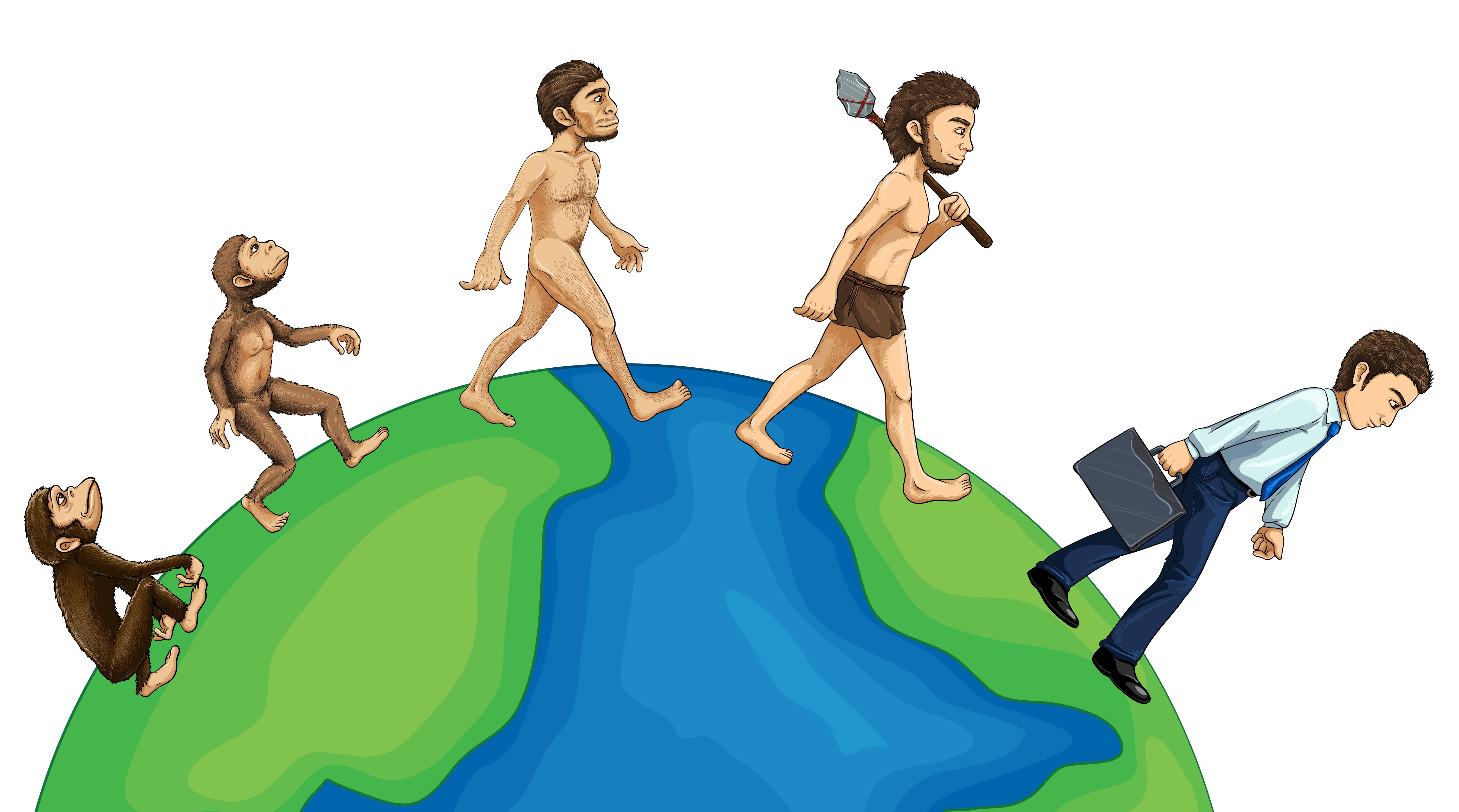Evolution: The Scientific Theory That Shapes Our Understanding Of Life

By Michael Jumba
What is evolution and how did it come to be?
Evolution is the scientific theory that explains how organisms have changed over time. Evolutionary theory is supported by evidence from many different fields, including genetics, paleontology, embryology, and ecology.
The theory of evolution by natural selection was first proposed by Charles Darwin in 1859. Darwin proposed that species evolve over time through a process of natural selection. Natural selection is the process by which some individuals in a population are more likely to survive and reproduce than others. Darwin proposed that this process leads to the gradual accumulation of changes in a population, over time, resulting in the emergence of new species.
How does evolution shape our understanding of life?
Evolution shapes our understanding of life in many different ways. One way that evolution shapes our understanding of life is by providing a scientific explanation for how life on Earth began and how it has changed over time. This understanding helps us to make sense of the vast diversity of life on our planet and how different species are related to one another. Additionally, evolution helps us to understand the complex interactions between different organisms and their environment, and how these interactions can lead to changes in the way species live and interact with one another over time.
What are the benefits of evolution?
Some benefits of evolution include the ability to adapt to changing environments, the development of new species, and the survival of species. Some benefits of evolution for humans specifically include the development of immunity to diseases, the ability to adapt to different climates, and the development of new traits that can offer advantages in different environments.
What are some of the criticisms of evolution?
Some criticisms of evolution are that it takes too long for species to evolve, that there is no evidence of a common ancestor, and that there are gaps in the fossil record. One response to the criticism that evolution takes too long is that the time frame in which evolution occurs is on a much longer scale than the human lifespan. For example, it is estimated that the first single-celled organism appeared on Earth around 3.5 billion years ago, and the first multicellular organism appeared around 1 billion years ago. Humans have only been around for around 200,000 years. So, while it may seem like evolution takes a long time, it is actually happening on a much shorter timeframe than the history of the Earth.
Another response is that there is a great deal of evidence for a common ancestor of all life on Earth. This evidence includes the fact that all living things share a common set of biochemical processes, and that the DNA of all living things is composed of the same four nucleotides. Additionally, the fossil record shows a clear progression from simple, single-celled organisms to more complex multicellular organisms.
How has evolution been used to support various political agendas?
Evolution has been used to support various political agendas in a number of ways. For example, some have used it to support the idea that some races are more evolved than others, and that therefore some races are more deserving of power and privilege than others. Others have used it to support the idea that humans are not part of the natural world, and that we therefore have the right to exploit and control the natural world for our own benefit. Still others have used it to support the idea that we are not responsible for our actions, since we are merely the products of our evolutionary history.
How might the theory of evolution change in the future?
The theory of evolution is a scientific theory that explains how species change over time through natural selection and genetic variation. While the basic principles of evolution are well-established and supported by a vast amount of evidence, the details of how evolution works are still being refined through ongoing research and discovery.
In the future, there are several ways in which the theory of evolution might change or be refined:
- Incorporating new discoveries: As scientific research continues, new discoveries may challenge or expand our understanding of evolution. For example, recent advances in genetics have provided new insights into how genetic variation and inheritance work, and these discoveries may lead to new theories or refinements of existing ones.
- Integrating multiple disciplines: Evolutionary biology is a highly interdisciplinary field, drawing on genetics, ecology, paleontology, and other fields. In the future, advances in these related fields may help to further refine our understanding of how evolution works.
- Applying new technologies: Advances in technology, such as DNA sequencing and genetic engineering, may provide new tools for studying evolution and testing evolutionary theories.
- Addressing new challenges: As the world changes, new challenges to the theory of evolution may arise. For example, the rapid pace of climate change may lead to new questions about how species will adapt and evolve in response.
Overall, the theory of evolution is likely to continue to evolve and refine as scientific research progresses and new discoveries are made. However, the core principles of evolution, including natural selection and genetic variation, are likely to remain fundamental to our understanding of how species change over time.


